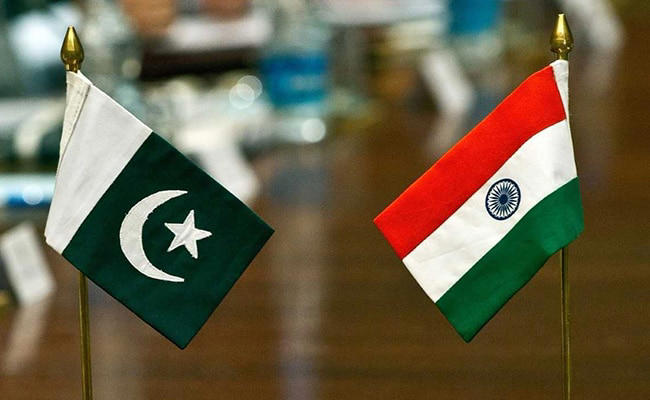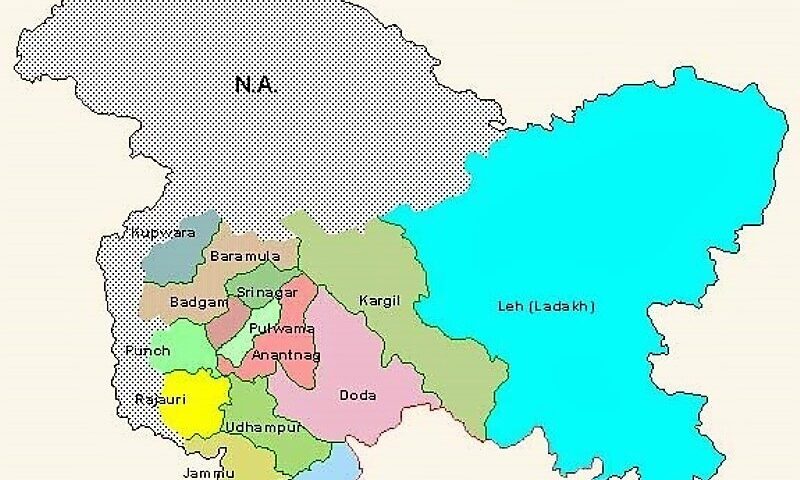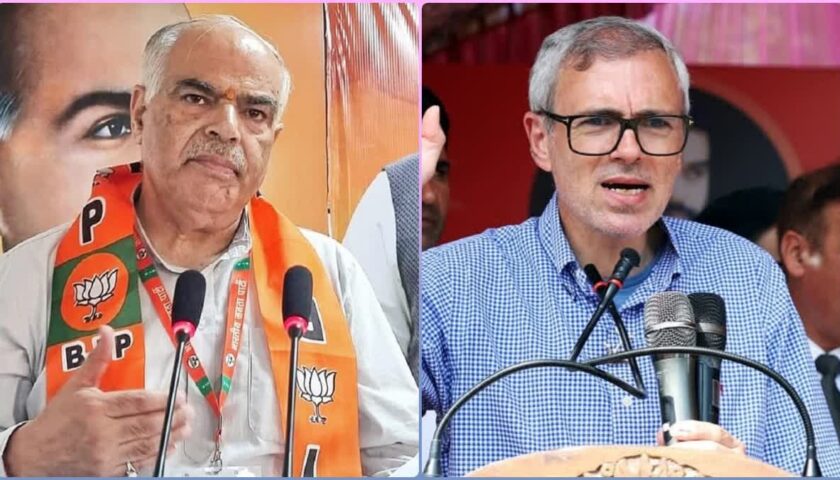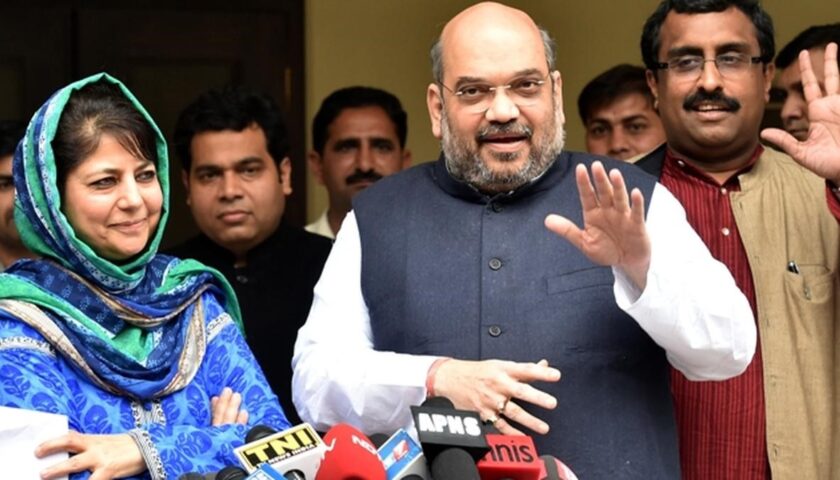India-Pakistan Ceasefire to Continue: No Expiry Date, Says Army Official
Srinagar 19 May 2025: The pause in hostilities between India and Pakistan will continue, according to an Indian Army official. The ceasefire agreement, reached on May 12, has no expiry date, dispelling concerns that it was only a temporary arrangement.
Background: The Ceasefire Agreement
The Director Generals of Military Operations (DGMOs) of both nations agreed to halt military actions following a period of heightened tensions. The ceasefire was established to prevent further escalation and allow diplomatic efforts to take precedence.
No Fresh Talks Scheduled
Despite the ongoing ceasefire, no new discussions between the DGMOs were scheduled for Sunday, reinforcing the commitment to maintaining peace. This suggests that both sides are adhering to the agreement without requiring immediate renegotiation.
Recent Military Tensions
The ceasefire follows a series of military operations and border skirmishes that raised concerns about a potential escalation. Both nations had engaged in precision strikes, targeting military installations and terror-related infrastructure. The agreement aims to de-escalate hostilities and prevent further conflict.
Historical Ceasefire Agreements
India and Pakistan have a long history of ceasefire agreements, some of which have led to temporary peace, while others have been violated over time:
- 1949 Karachi Agreement: Established the original Ceasefire Line (CFL) after the first Indo-Pakistani war.
- 1966 Tashkent Agreement: Signed after the 1965 war, mediated by the Soviet Union, requiring both nations to withdraw forces.
- 1972 Simla Agreement: Converted the CFL into the Line of Control (LoC), emphasizing bilateral resolution of disputes.
- 2003 Ceasefire Understanding: A mutual agreement to halt firing along the LoC, leading to a period of relative peace.
- 2021 Ceasefire Agreement: Aimed at reducing cross-border tensions, but violations continued sporadically.
Potential Diplomatic Developments
- International Mediation: The United States has played a role in mediating past ceasefires, urging both nations to maintain peace.
- Regional Stability Efforts: Organizations like the United Nations and Shanghai Cooperation Organization (SCO) have encouraged diplomatic solutions.
- Economic Cooperation: Experts suggest that trade agreements and cross-border business initiatives could help sustain peace.
Future Prospects
While the ceasefire remains in place, experts suggest that long-term peace will require sustained diplomatic efforts and confidence-building measures. The absence of fresh talks indicates that both sides are monitoring the situation before making further commitments.
Global Diplomatic Responses & Potential De-escalation Strategies
As tensions between India and Pakistan remain delicate, international bodies and world powers continue to push for diplomatic engagement and stability in Kashmir. While ceasefire agreements have paused immediate hostilities, sustaining peace requires continuous diplomatic efforts, confidence-building measures, and economic cooperation.
Global Diplomatic Responses
1. United Nations’ Role
- The UN Secretary-General has repeatedly called for peaceful resolution, urging both nations to engage in bilateral discussions.
- UN observers monitor activities along the Line of Control (LoC), though their influence remains limited due to political sensitivities.
- Resolutions related to Kashmir have been contested by both nations, as India views Kashmir as an internal matter, whereas Pakistan advocates international intervention.
2. U.S. & Western Mediation Efforts
- The United States has periodically attempted diplomatic mediation, though India firmly asserts that Kashmir is an internal issue.
- Western nations, including the UK and EU, have urged peace, supporting economic development in Kashmir as an alternative to continued conflict.
- Defense analysts believe that U.S.-Pakistan military alliances, along with India-U.S. trade relations, complicate efforts for neutrality.
3. Regional Powers & China’s Influence
- China, as an ally of Pakistan, has cautiously approached the Kashmir dispute while maintaining diplomatic and trade relations with India.
- The Shanghai Cooperation Organization (SCO) has encouraged India and Pakistan to engage in trade cooperation, promoting regional stability.
- Russia has advocated peaceful talks, supporting economic collaboration between South Asian neighbors.
Potential De-escalation Strategies
1. Strengthening Economic Partnerships
- Increasing India-Pakistan trade exchanges could reduce economic dependence on military spending.
- Investing in infrastructure development and business cooperation within Kashmir could foster economic stability and job creation.
- Tourism collaborations and cross-border cultural exchanges could build trust between the populations.
2. Confidence-Building Measures
- Organizing joint peacekeeping efforts in Kashmir to monitor border activity.
- Creating civil society dialogue programs where communities across the LoC interact on shared interests like education, trade, and agriculture.
- Developing trade corridors between Indian Kashmir and Pakistan-administered areas to enhance economic connectivity.
3. Diplomatic Engagement
- Track II diplomacy, involving retired diplomats and neutral negotiators, could pave the way for long-term dialogue.
- Encouraging third-party mediation only if both nations mutually agree, ensuring equal representation in peace discussions.
- Increasing regional cooperation under platforms like SCO, fostering economic dependency instead of military escalation.
Future Outlook: Can Stability be Achieved?
While India-Pakistan relations remain fragile, strategic diplomacy, economic development, and people-to-people engagement can create a foundation for long-term peace. If global powers continue to advocate for de-escalation strategies, Kashmir could move toward stability and prosperity.




